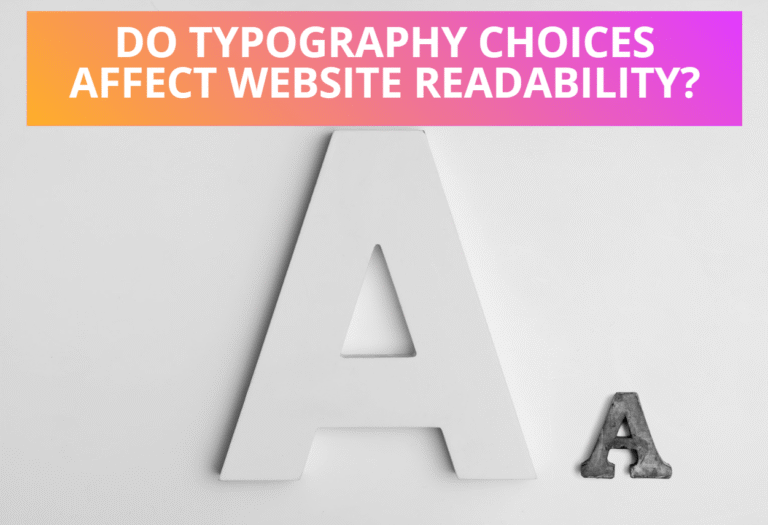As such, when using the internet, we are sending, receiving, collecting, storing, and handling critical and private data, such as passwords to log in to various websites, credit card numbers, or even clients’ mailing lists. For any business with a website, security has become quite a challenge. You don’t want to lose or allow unauthorized third parties, such as hackers, to gain access to such contentious user data. Well, one of the best ways to prevent data sniffing is by installing an SSL Certificate on your website.
Table of Contents
What is an SSL Certificate?
The initials “SSL” stands for “Secure Socket Layer”. An SSL Certificate is a cryptographic chunk of code that facilitates safe communications over the internet. It’s a security protocol that enables encrypted communications between a server and a browser. In other words, an SSL Certificate is a protocol that mainly ensures information that is sent and received over the internet. It is restricted to only authorized transacting parties alone, putting third parties such as hackers at bay.
Why you Need SSL Protection
Exposing sensitive user information like credit card number, your pin, and passwords to third parties can lead to a severe breach. That is why you need an SSL Certificate to ensure that your data is safe. It doesn’t matter whether you are an individual setting up or running your website, or a large organization handling clients’ data, or an online store selling goods. SSL is that important these days!
An SSL Certificate essentially shields your web users from attacks by malicious third parties. It does so by encrypting data between the server and the browser from being spied on or manipulated.
Besides, an SSL Certificate gives authenticity to the website on the internet. This helps the visitors to decide which sites are safe to visit. In the same light, the Google search engine gives priority to the sites with an SSL Certificate. It makes your site more visible to visitors and therefore improves SEO ranking.
Which SSL Certificate is best for you?
From a broad perspective, there are paid SSL Certificates and free SSL certificates. However, it is essential to note that the paid SSL Certificate has much better protection features than free Certificates. In the paid category, there are three primary levels, i.e., domain validated (DV), Organization Validated (OV), and Extended Validation (EV) SSL certificates. These classifications are based on the validation steps taken before the certificate is issued to you by the certificate authority (CA).
Yes, a CA is an organization whose security and validation level is trusted on the internet; thus, they have been given the mandate of issuing certificates to other websites.
They do this after they have vetted your site. The type of certificate the CA will issue will depend on the steps they take to do so. At the lower level, you will get a DV SSL certificate. It only requires your domain to be checked and verified that you own it. At the next level, there is the OV SSL, which is issued once the CA has verified that you are the owner of the domain and registered business. An EV SSL requires thorough verification steps. It includes checking the legality of your business along with the existence of a business and ownership of a domain.
Recommended Read: How to Protect Yourself from IP Address Hacking
Why go with Paid SSL Certificate?
You might be wondering, why buy when you can get it for free? You have got to consider the advantages of a paid-for SSL Certificates over the free SSL. For starters, a paid-for SSL Certificate gives you a maximum 2-year option before getting to renew it. This is unlike the free SSL that requires renewal every three months.
Moreover, the Paid SSL offers better protection to your data along with many other features. This means that your data will insure against any breach on the internet. It also comes with different types of SSL to pick from. For instance, you can go for a Unified Communication Certificate SSL Certificates (UCC SSL) that protects multiple domains, that is, both the primary domains and an array of their subdomains.
Finally, when you acquire the paid-for SSL Certificate, it affords you the advantage of getting supreme technical support from the SSL team, a benefit that free packages don’t offer. This means that you don’t have to hire any skilled labor to install and address any issues that may come up while using the SSL Certificate.
Also Read: 8 Tips that Protects You From the danger of Identity Theft
How to Apply for an SSL Certificate
Having settled for the type of SSL to buy, the next most pressing concern is how to get one. There are several ways of applying and installing an SSL certificate. First, you can opt to obtain the SSL Certificate from the SSL provider.
You can also apply for an SSL Certificate from one of the top CAs you want to buy from. Here, the CA team will require that you provide given information that may include proof of physical business address, government-related documents, third party documents verification, etc. It depends on whether you are an individual, a business, an organization, etc. Again, the info they will want to verify will depend on the type of SSL you want to buy for your site.
Once you apply for an SSL certificate, you need to create CSR from the server and send it to the SSL provider for further SSL configuration. You need to verify domain ownership email and have to submit relevant documents when you have completed the configuration process. Finally, the CA verifies it, the authority issues the certificate.
Read Also: How to protect your mobile device from being hacked?
Final Remarks:
In conclusion, as a website owner getting an SSL Certificate is the first sure way of securing your data and safeguarding your transactions from malicious attackers. Otherwise, you risk losing your business to cybercrime!
Related: Fix Insecure WordPress Website warnings









